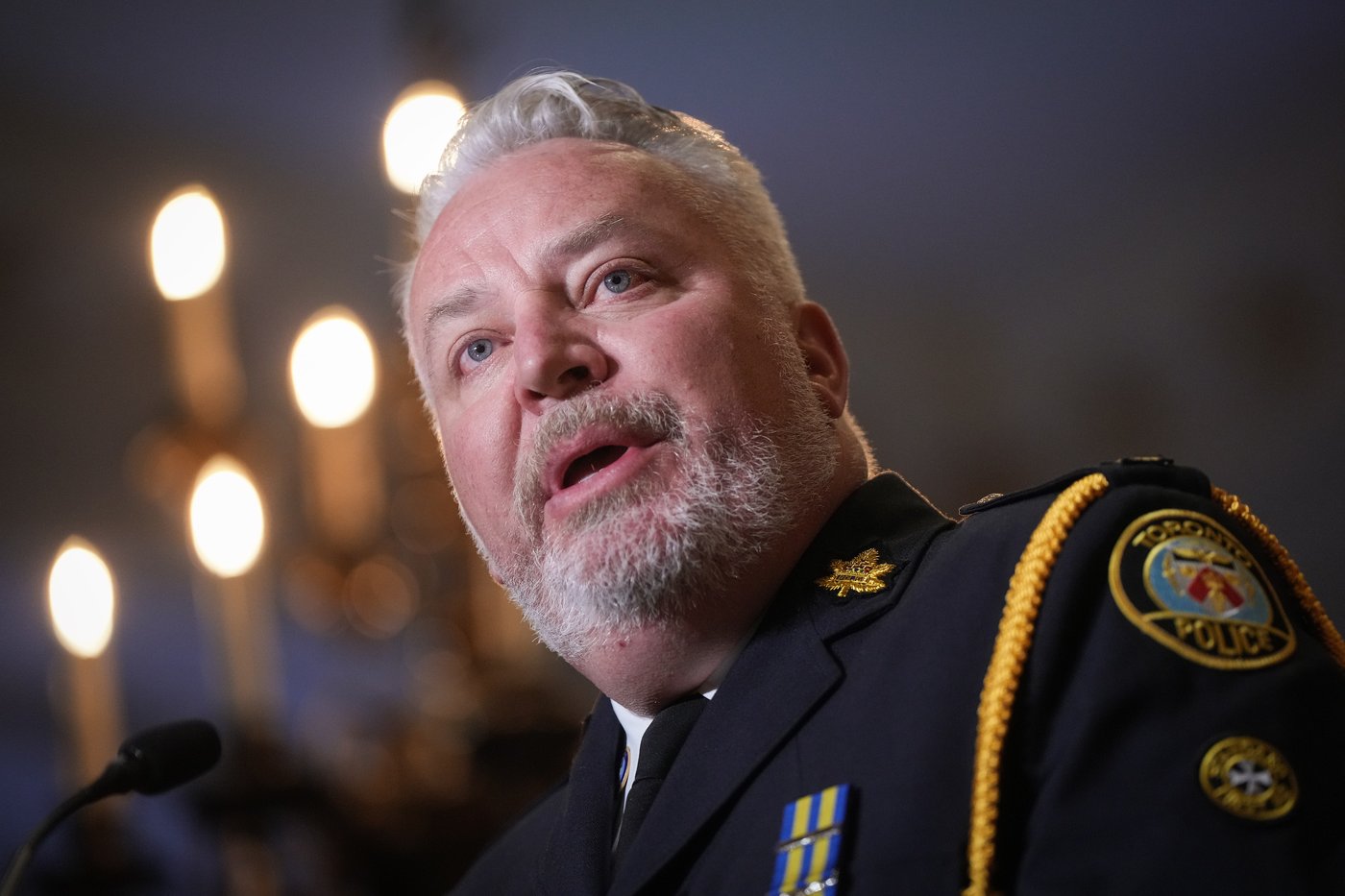McDonald says many of the suspects on the list aren’t bound by borders and could be anywhere, which is why they need the public to help their search.

Max Langlois, the program’s executive director, says officers of a similar size and shape of the suspects were used, along with the masks of each accused, to give citizens a better idea of who they should be looking for.
Langlois says the program has used many techniques to encourage public engagement to look for suspects, including using life-size cutouts, online contests, and billboards.
“With today’s concept, the spoof masks, we once again raised the bar in what bolo wants to do to encourage you to be on the lookout behind every one of the spoof masks,” he says.
McDonald says many of top 25 have links to B.C., including their number 1 suspect Bryan Feuntes Gramajo from Montreal, who is believed to have “strong ties” to the Lower Mainland.
Langlois says the program also offers rewards, and the top five cases now include a reward of up to $100,000 for any information leading to their arrests.
Supt. Dale Weidman, with the Vancouver Police Department, says he understands the mask display may be unsettling, but they are asking members of the public to reflect on the role they could play to help bring the fugitives to justice.
Weidman says police aren’t asking anyone to intervene directly.
“These individuals are considered dangerous, so don’t approach them. But if you know something, or if you see something, say something. Pick up the phone. Your tip could make a real difference,” said Weidman.
The Bolo Program was launched in 2018 as a way to amplify priority wanted notices that are issued by Canadian police services.
This report by The Canadian Press was first published Oct. 8, 2025.
Nono Shen, The Canadian Press

